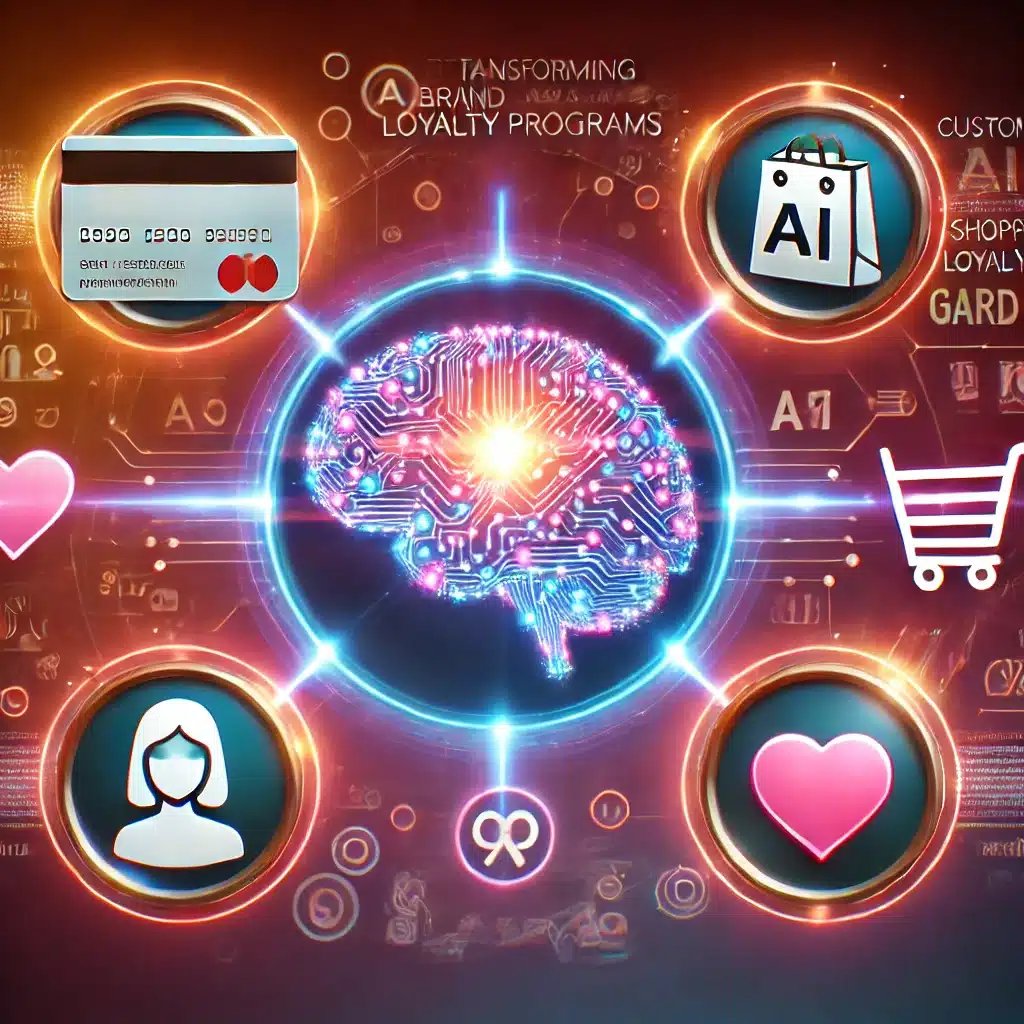The integration of Artificial Intelligence AI in eCommerce is no longer a futuristic concept but a present-day reality that is transforming online businesses. AI tools are being harnessed to tailor shopping experiences, enhance customer service, and optimize backend operations, making it indispensable for modern eCommerce platforms. By leveraging various AI technologies, eCommerce retailers can significantly improve their business performance and customer satisfaction. This article delves into the benefits, use cases, types, and best practices of using AI in eCommerce.
What are the Benefits of Using AI in Ecommerce?
Enhancing Customer Experience
One of the primary benefits of using AI in eCommerce is its ability to significantly enhance the customer experience. AI allows eCommerce platforms to personalize interactions based on data-driven insights. Through machine learning algorithms, eCommerce businesses can analyze vast amounts of customer data to predict preferences and behaviors. This personalization can manifest in tailored product recommendations, custom marketing messages, and curated shopping experiences, thereby boosting customer satisfaction and loyalty.
Improving Conversion Rates
Another significant advantage of implementing AI in the eCommerce is the improvement of conversion rates. By analyzing customer data and behavior, AI tools can identify patterns and trends that lead to higher sales. For instance, AI algorithms can optimize product placements, pricing strategies, and promotional offers to match customer preferences. AI-powered tools like chatbots can also assist in resolving customer queries in real-time, reducing abandonment rates, and improving the overall shopping experience, thus driving up conversion rates.
Optimizing Inventory Management
AI technologies play an essential role in optimizing inventory management for eCommerce retailers. With the ability to predict demand and manage stock levels accurately, AI helps in minimizing overstocking and stockouts. Machine learning algorithms can analyze past sales data, seasonal trends, and even external factors such as market conditions to provide insights into optimal inventory levels. This results in more efficient supply chain operations, reduced storage costs, and enhanced ability to meet customer demand consistently.

How Can AI Tools be Used in Ecommerce?
Use Cases of AI in Product Recommendations
One of the most prevalent use cases of AI in eCommerce is product recommendations. By leveraging machine learning and natural language processing, AI can analyze customer behavior and purchasing patterns to suggest products that are most likely to interest the shopper. This not only enhances the customer experience but also increases the likelihood of cross-selling and upselling, thereby improving sales and revenue.
Personalizing Customer Interactions with AI
AI enables eCommerce platforms to personalize customer interactions more effectively. By utilizing data collected from previous interactions and purchases, AI can tailor communication and marketing strategies to individual preferences. Conversational AI, powered by natural language processing, can engage customers in meaningful dialogues through chatbots and virtual assistants, providing a more personalized and satisfying shopping experience.
AI Chatbots for Customer Service
AI chatbots are revolutionizing customer service in eCommerce. These intelligent conversational agents use AI to assist customers in real-time, answering queries, providing information, and resolving issues. AI chatbots can operate 24/7, ensuring that customer service is always available, which significantly enhances the customer experience. Moreover, they can handle multiple interactions simultaneously, making them highly efficient and cost-effective for eCommerce companies.
What are the Different Types of AI Used in Ecommerce?
Machine Learning Algorithms
Machine learning algorithms are a cornerstone of Artificial Intelligence in eCommerce. These algorithms analyze vast amounts of data to identify patterns and make predictions. In an eCommerce context, machine learning can be used to recommend products, personalize marketing efforts, and optimize pricing strategies. By continually learning and evolving, these algorithms can provide increasingly accurate and effective insights, driving better business results.
Natural Language Processing
Natural Language Processing (NLP) is another critical AI technology used in eCommerce. NLP allows AI systems to understand and respond to human language, enabling more natural and intuitive interactions between customers and digital platforms. In eCommerce, NLP is used in chatbots, virtual assistants, and sentiment analysis tools to enhance customer service, personalize marketing, and gain insights from customer feedback and reviews.
Generative AI Models
Generative AI models, including advanced techniques like GANs (Generative Adversarial Networks), are making significant strides in eCommerce. These models can create highly realistic content, such as product images, ads, and even text, based on existing data. For eCommerce retailers, generative AI can automate content creation, optimize ad campaigns, and enhance visual merchandising, providing a more engaging and dynamic shopping experience.
Which are the Best AI Tools for Ecommerce Companies?
AI Platforms for Personalized Marketing
Several AI platforms specialize in personalized marketing for eCommerce companies. Tools like Einstein by Salesforce, Dynamic Yield, and Persado use AI to create tailored marketing campaigns based on customer data. These platforms analyze user behavior, purchase history, and preferences to deliver personalized email campaigns, product recommendations, and advertising, driving higher engagement and conversion rates.
AI Tools for Inventory Management
AI tools for inventory management, such as ClearSpider and EazyStock, help eCommerce retailers maintain optimal stock levels by leveraging AI algorithms to predict demand and manage inventory efficiently. These tools analyze sales data, trend patterns, and market conditions to provide actionable insights, ensuring that retailers can meet customer demand without overstocking or running into stockouts.
AI Solutions for Improving User Experience
AI solutions like Sentient Ascend and ReSci (Retention Science) focus on enhancing user experience on eCommerce websites. Sentient Ascend uses AI to optimize website design and layout through A/B testing, while ReSci employs AI to personalize the customer journey from browsing to purchasing. These solutions help eCommerce companies create user-friendly websites tailored to individual preferences, improving overall customer satisfaction and driving sales.

How is AI Transforming the Ecommerce Industry?
AI’s Impact on the Ecommerce Landscape
AI is transforming the eCommerce industry by making it more efficient, personalized, and customer-centric. The power of AI lies in its ability to analyze vast amounts of data and derive actionable insights. This transformation is evident in how eCommerce retailers are leveraging AI to enhance customer experiences, optimize operations, and develop new business models. The impact of AI is far-reaching, enabling retailers to stay competitive and meet the evolving demands of the digital market.
The Role of AI in Enhancing Retailer Strategies
AI plays a crucial role in enhancing retailer strategies by providing tools for better decision-making and strategy formulation. AI can help retailers understand market trends, predict customer behavior, and tailor their offerings accordingly. By using AI-driven analytics, retailers can make informed decisions about product assortments, pricing strategies, and marketing campaigns. This strategic advantage allows eCommerce businesses to outperform competitors and achieve sustainable growth.
Future Trends in Artificial Intelligence in eCommerce.
The future of AI in eCommerce holds immense potential for innovation and growth. Emerging trends include the increasing use of conversational AI for more interactive and human-like customer service experiences, the development of more sophisticated AI-driven recommendation engines, and the integration of AI with augmented reality (AR) and virtual reality (VR) to create immersive shopping experiences. As AI technologies continue to evolve, eCommerce companies that adopt these advancements will be well-positioned to lead the industry and deliver exceptional value to their customers.



